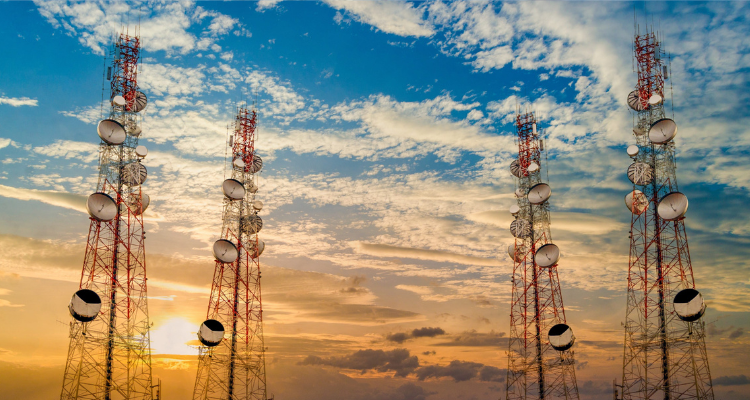A significant amendment grants the government increased authority to assume control of telecom services or networks during emergencies, citing reasons such as security, public order, or crime prevention. The Act underscores the vital role of telecommunications in empowering individuals while recognizing potential misuse. To safeguard users, it introduces regulations to curb unsolicited commercial communications and establishes a framework for managing complaints.
Under the new telecom law, the government has the authority to assume control of telecommunications services or networks during emergencies. According to the gazette notification, this measure can be implemented for reasons of security, public order, or the prevention of offenses.
Another significant change under the new telecom law is the allowance for individuals to register a maximum of nine SIM cards in their names nationwide. However, residents of Jammu & Kashmir and northeastern states are restricted to a maximum of six SIM cards per person. Current Department of Telecommunications (DoT) regulations already permit up to nine SIM cards per ID with Aadhaar verification. Violating these limits incurs penalties, with first-time offenders facing fines of Rs 50,000, and repeated violations carrying penalties of up to Rs 2 lakh.





